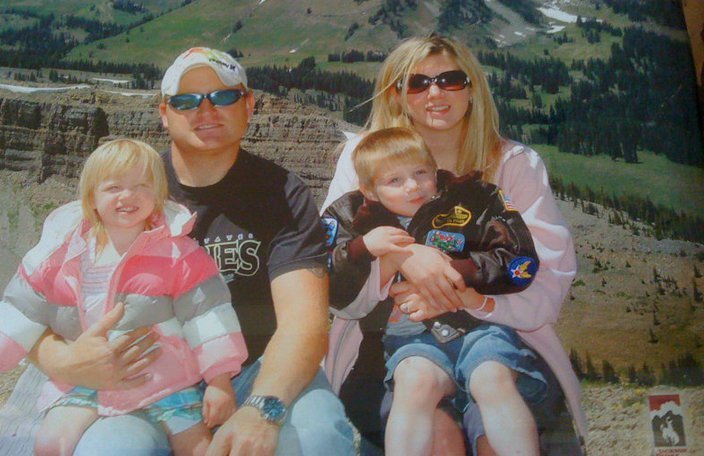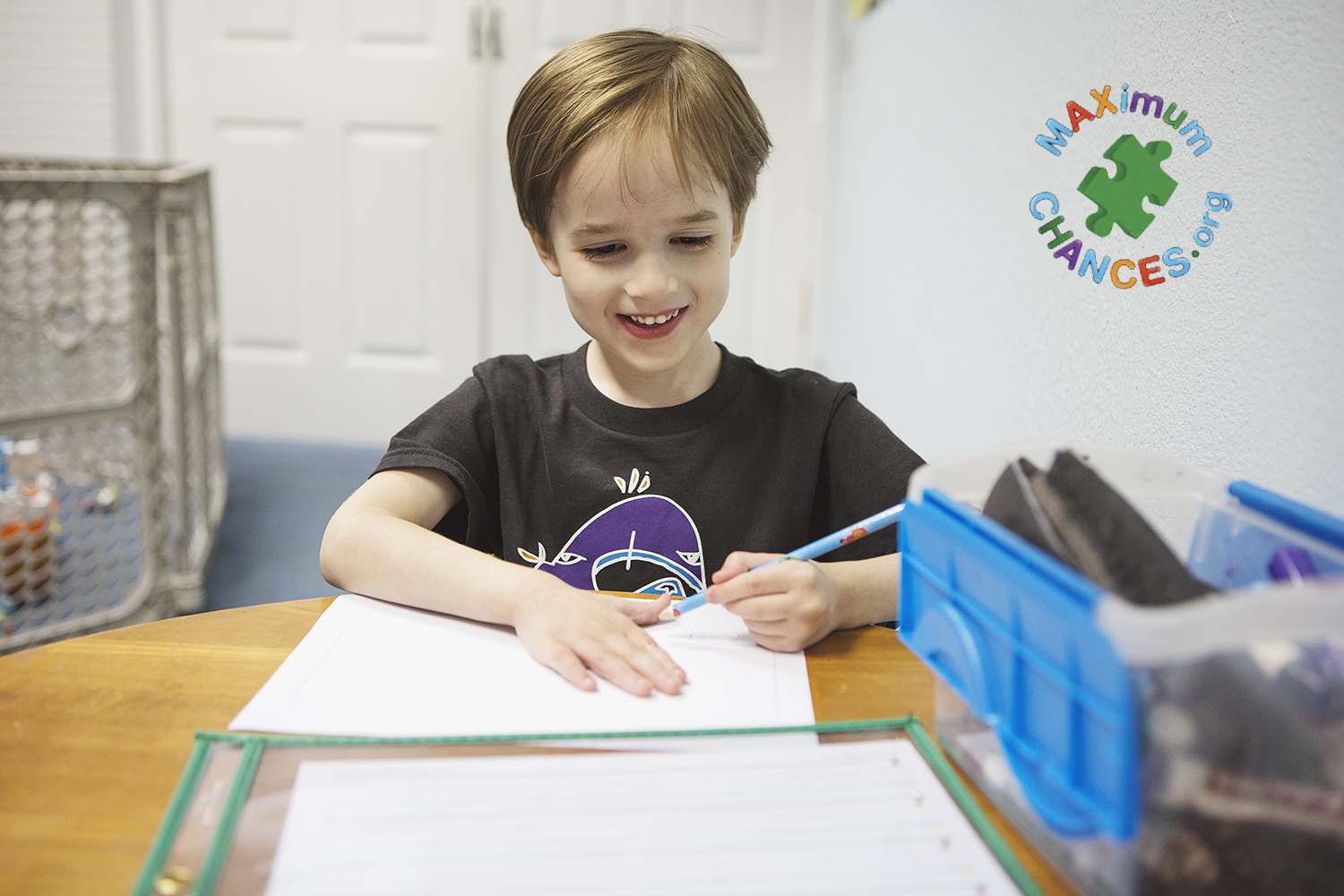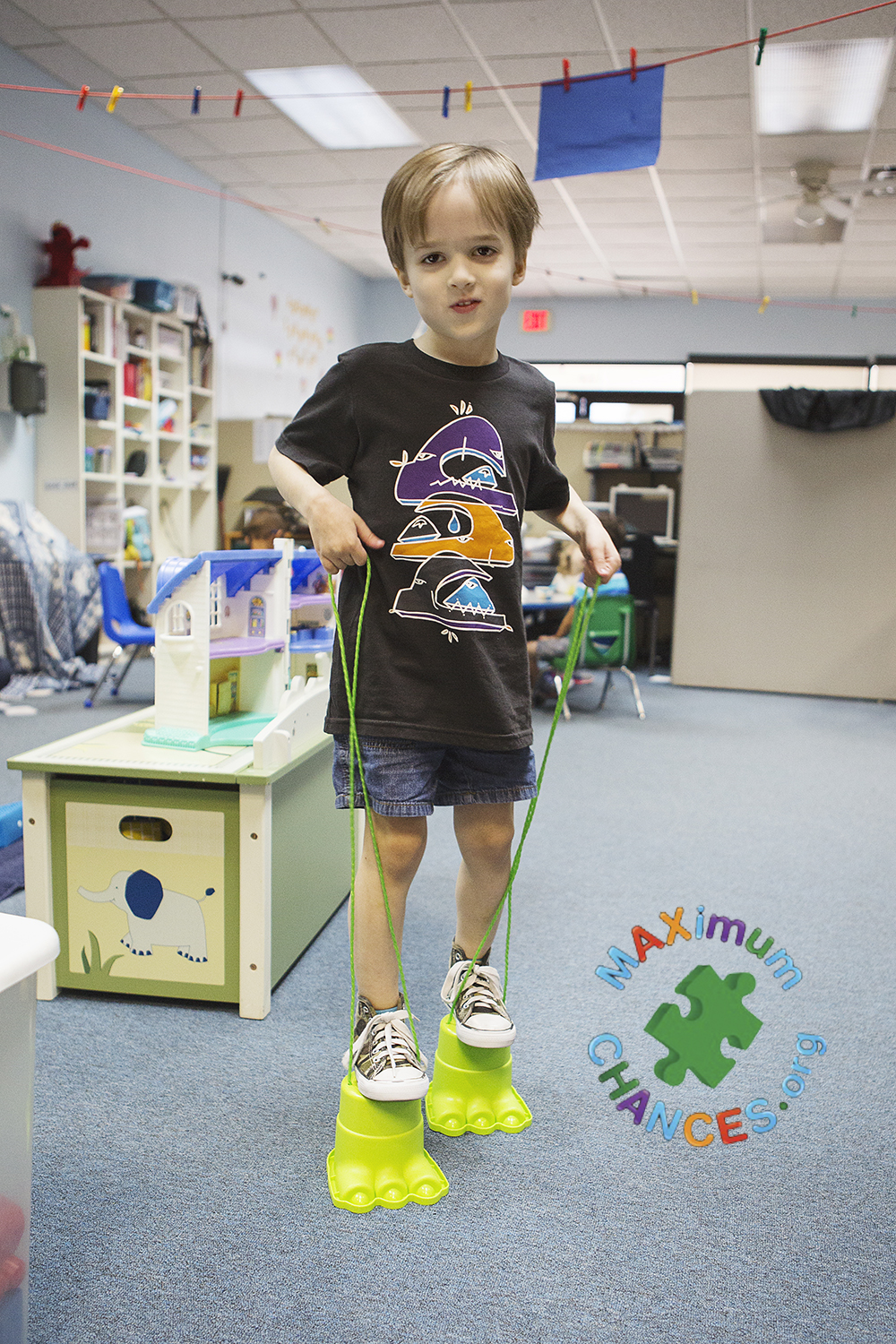 What is a common statement heard in every household, especially those with more than one child? “That’s not fair!”
What is a common statement heard in every household, especially those with more than one child? “That’s not fair!”
At any given time, one sibling might feel slighted that the other seemingly gets the larger slice of pizza, more time with a parent, extended play time, or gets the better list of chores. It’s the proverbial “grass being greener” bit where every parent gets to play referee.
Regardless of the age difference of siblings, most parents do work very hard to keep the playing field level.
If you find yourself raising children where one has autism and the other(s) does not, it presents a whole new level of challenges. You now have to adapt to two completely different ways of living, parenting, understanding, explaining, and even disciplining to name few… and being fair in the general sense simply has to be thrown out the window… or does it?
Learning how to manage and communicate with a variety of temperaments within the family, including those with special needs, can actually become an unexpected opportunity. Teaching other siblings and family members the care and needs of the child with autism is a way to get everyone on the same page, including you as parents. As you work together to explain things on an age-appropriate level, it will become part of your lifestyle because it is not a “say it once and you’re done” situation. The rule of thumb for this type of dialogue is to “do it early and do it often!”
When communication lines are open, it is much easier for other siblings to understand the needs and sacrifices being made by themselves, and you as parents. Studies also show that siblings of those with autism typically respond very well to the needs that arise and they develop a compassionate heart, a sense of humor, and a general kindness for others that can greatly enhance all other aspects of their life.
Communicating the various stages of autism, treatments, and expectations to each family member is what can help someone think beyond “fair” to a more level playing field based on love, grace, and understanding. This is a far better way to connect the family and have everyone feel they can take part instead of siblings feeling like an outsider who isn’t being treated fair.
It may seem overwhelming to keep everyone informed as you think about communicating the circumstances at hand to other siblings. There are many resources to help!
For starters, here at MAXimum Chances, we have our own page on siblings called Lachlan’s Corner. One of the resources we talk about on that page is SibShops organized by the Sibling Support Project. SibShops are wonderful communities and workshops for families who are experiencing a variety of special needs, including a child with autism, where you and your children can go to interact, learn, and share with others the challenges as well as triumphs you may experience in your own family.
Sometimes having a child with autism can feel a little isolating. We would like you to know that help is readily available for whatever you are experiencing and we highly encourage you to get connected with others who can help you and your family find not only the resources you need, but also the grace, understanding, and even humor, in the daily circumstances life brings.
You can also connect with us online – at http://Facebook.com/MAXimumChances, as well as through our newsletter here on our website. We would love for you to be a part of our community!
If you would like more information on SibShops, please visit https://www.siblingsupport.org/about-sibshops/find-a-sibshop-near-you to download a document with the current locations listed by state. Or, if you are in the Dallas / Fort Worth area, we’ve copied some of those groups below as a starting point for your own research.
Night OWLS Sibshop
Primary Contact: Karen Gilmore
Highland Park United Methodist Church
3300 Mockingbird Lane
Dallas, TX 75205 map
Phone: 214.523.2276
Sibshop Description: Night OWLS Sibshops serves the siblings of children with special needs involved in programming at HPUMC.
Cook Children’s Sibshop
Primary Contact: Veronica Kubiak
Cook Children’s Medical Center
801 Seventh Avenue
Fort Worth, TX 76104 map
Phone: 817-372-2553
Sibshop Description: Cook Children’s Sibshop services to siblings of children living with a chronic illness or life-changing disability, who are/have been patients at Cook Children’s Medical Center in Fort Worth, TX
FEAT-North Texas Sibshops
Primary Contact: Gretchen Purnell
Families for Effective Autism Treatment – North Texas (FEAT-NT)
P.O. Box 92123
Southlake, TX 76092 map
Phone: 817-689-4880
http://www.featnt.org
Sibshop Description: Sibshop for ages 8 – 13 held on Saturdays for four weeks at the FEAT-NT Resource Center and Library. A range of disabilities expected to be represented in the children. Library books on sibling issues, autism and a range of other disabilities and related topics available for parents and children to check out.
Sibshops at Journey Learning Center
Primary Contact: Sarah Flak
Journey Learning Center
2100 W. Northwest Highway,
Suite 202
Grapevine, TX 76051 map
Phone: 2146633205
http://www.journeylearning.org/
Sibshop Description: We are looking to work with Sibs ages 5-12. We will be hosting Sibshops one Saturday a month.
Frisco Sibshops
Primary Contact: Colleen Kugler
Frisco ISD
Differing schools in FISD
Frisco, TX 75034 map
Phone: 214-684-3345
HEROES Program Sibshops
Primary Contact: Emily Wileman
HEROES Program
503 N. Central Expressway
Richardson, TX 75080 map
Phone: 817-925-9434
http://heroescamp.shutterfly.com




































Recent Comments